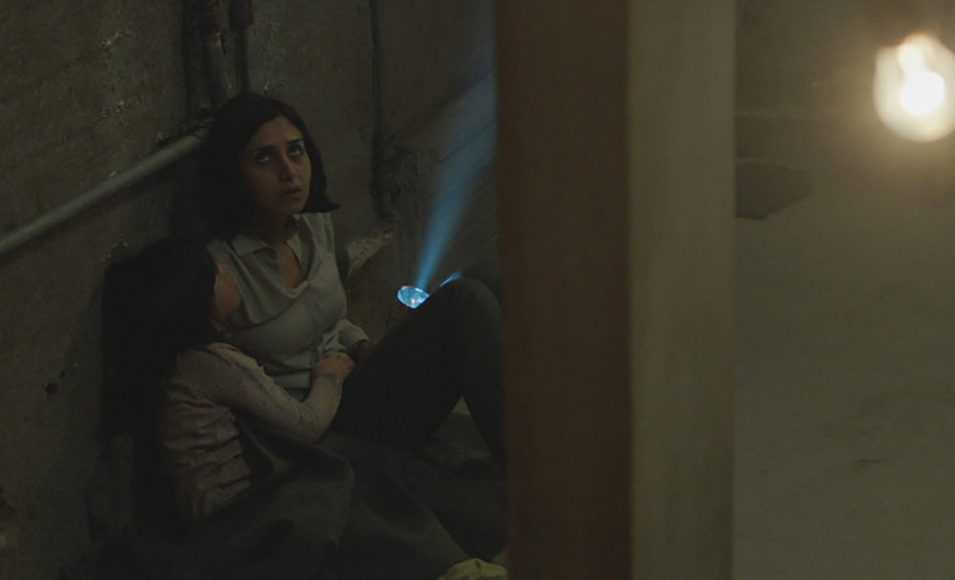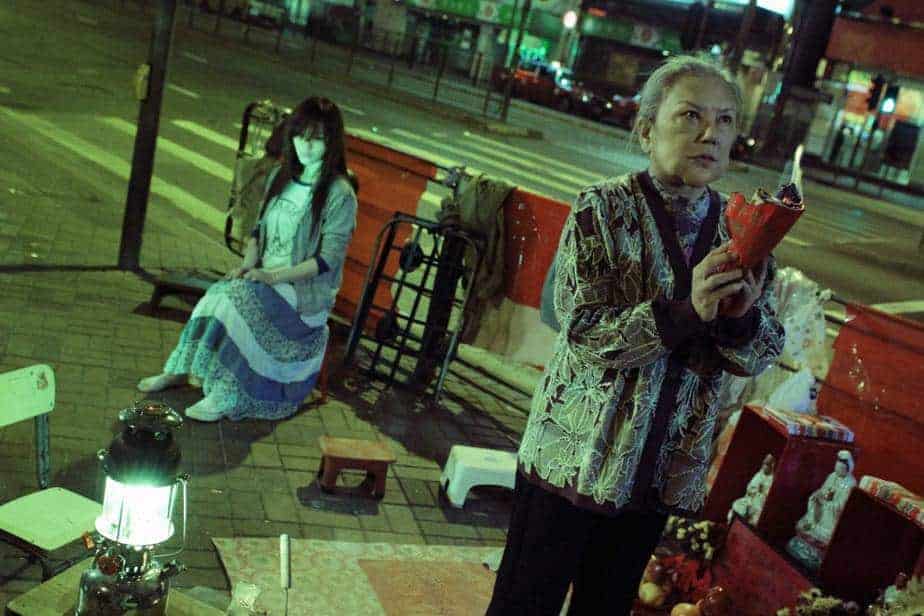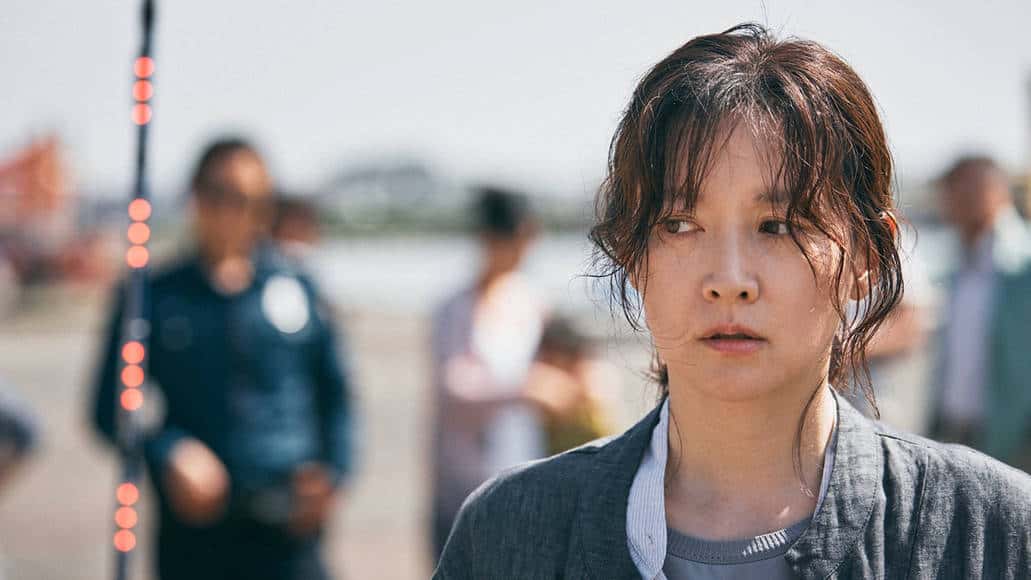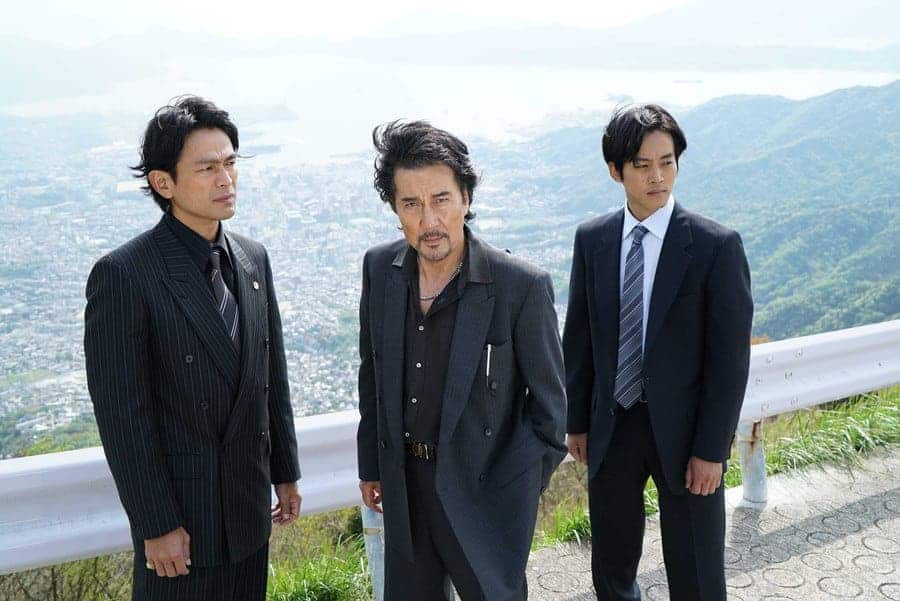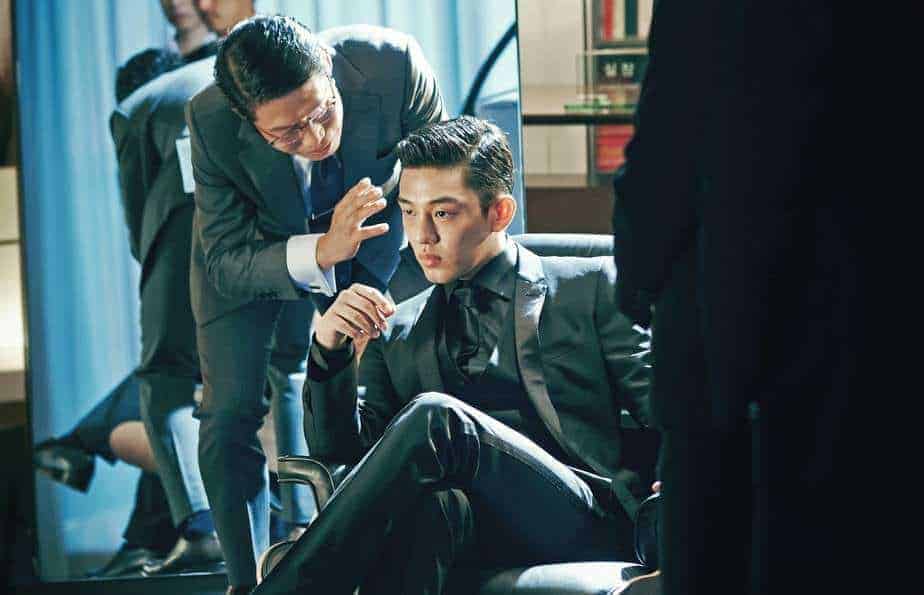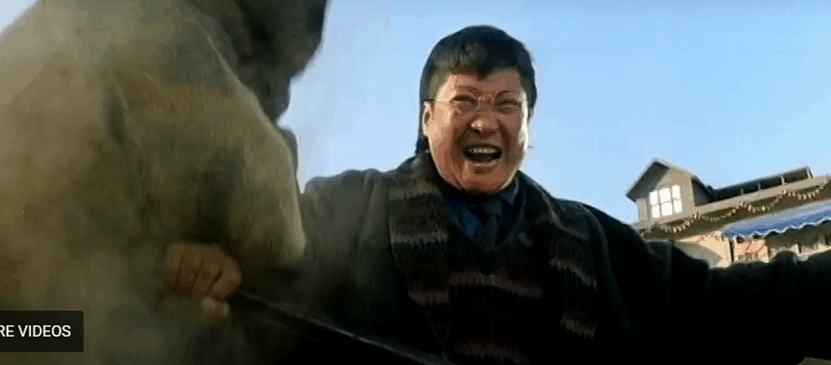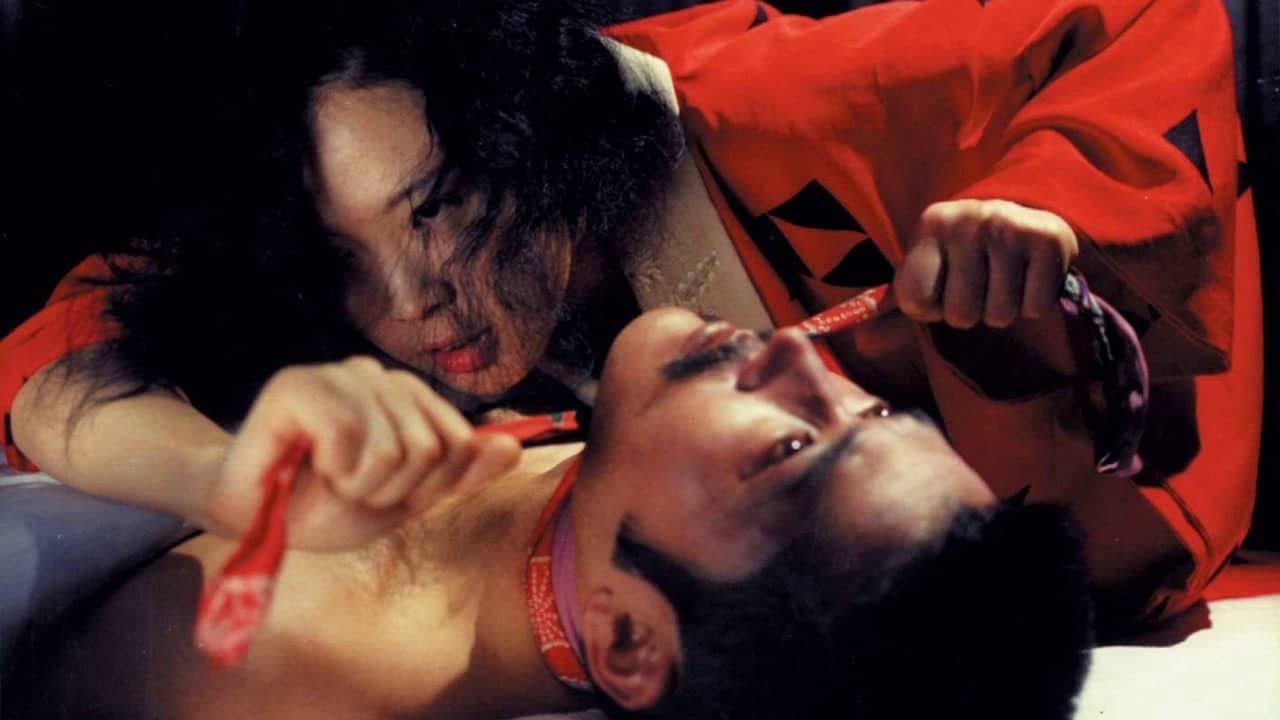While the horror genre is always on the verge of losing its touch with many entries being too mainstream and too polished, there are always a few movies within a year that manage to hit a certain nerve. Movies such as Jennifer Kent's “The Babadook”, David Robert Mitchell's “It Follows” or Robert Eggers “The VVitch” are not only cleverly made genre movies, but the horror in them goes far beyond a few scary moments for the terror is within us all, in our worlds and in our lives, making it sometimes quite difficult to watch these films. In the midst of these movies, it is therefore a shame Babak Anvari's feature “Under The Shadow” debut has been ignored by so many audiences, even though it delivers not only a powerful allegory about Iran's history and its view on the family, but also one of the most claustrophobic horror tales of the last years.
Buy This Title
With her home country Iran still torn apart by war, Shideh (Narges Rashidi) is disappointed as her plan to continue her medical studies has become impossible under the new leadership of the country. When her husband is also drafted and later on stationed in the middle of the conflict, she is left in the family's apartment with Dora (Avin Manshadi), the couple's young daughter, despite a heavy argument in which the husband basically demands them to leave, as it is not safe in the capital anymore.
However, soon after his departure, a missile strikes the apartment block, damaging most of the roofs and costing the life of one resident. With the relationship to Dorsa becoming increasingly difficult, this event further exacerbates the situation, which is made even worse in the following days. While her daughter constantly complains about her favorite puppet missing, or rather stolen by someone in the building, Shideh first suspects her as she also starts missing things. But then, as she begins to have nightmares and has horrible visions of a stranger having entered their home, she finally thinks her neighbor was right about the story of the djinn, an evil spirit that has come into their building, terrorizing the only two remaining occupants.
Within the European festival circuit, there is an at times problematic tendency to award films from nations at war, at conflict or where some form of censorship represses artists. Although the mentality of these artists is certainly respectable, this does not say anything about the artistic quality of their work. In the 85 minutes of its running time “Under the Shadow”, a genre entry, manages to give a frightening reflection of life under repression, the corroding effect of war on the family unit and also the stress of the individual trying meet its own goals while attempting to adapt to a terrible new regime.
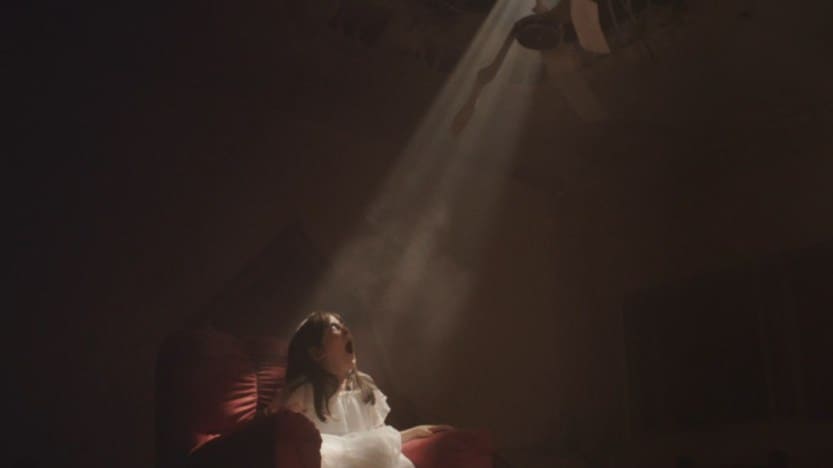
Apart from the performances of this cast, one of the most noteworthy aspects of the film is its use of space. The apartment building, along with its growing state of disarray, mirrors the chaos outside, along with the fragmented perception of the adult female character played by Narges Rashidi. Many reviewers have consequently pointed out the similarities between Anvari's images and the works of filmmaker Roman Polanski, most notably “The Tenant” and “Repulsion”. While a symbol for their home, the concept is constantly under attack by an outside force, the djinn or the new leaders of the state, forcing their way inside and little by little, infesting every square inch. After all, there is a reason the first items to go missing are the ones the characters need to give them comfort and at least an illusion of some sort of control.
Similar to Polanski's aforementioned works, the terror is at the same time physical, while also internal. Both women in the film have learned to accept the chaos as part of their normality, beginning from the self-righteous revolutionary guards patrolling outside, to the constant series of explosions which can be heard in the background. As the war and the repression have already corrupted the reality outside, they have begun to mark their influence in the self, attacking the last bastions of hope and happiness within the individual, thus giving birth to demons and ghosts haunting the living.
“Under the Shadow” is an important film about repression, fear and the corrosion of the family in war. Considering the recent release by Second Sight Films, the plethora of extra material serves as a most valuable addition to Babak Anvari's masterpiece which can now be seen in high definition and in great sound quality. If you are a fan of the genre, you owe it to yourself not to let this movie out of your sight and enjoy it.


